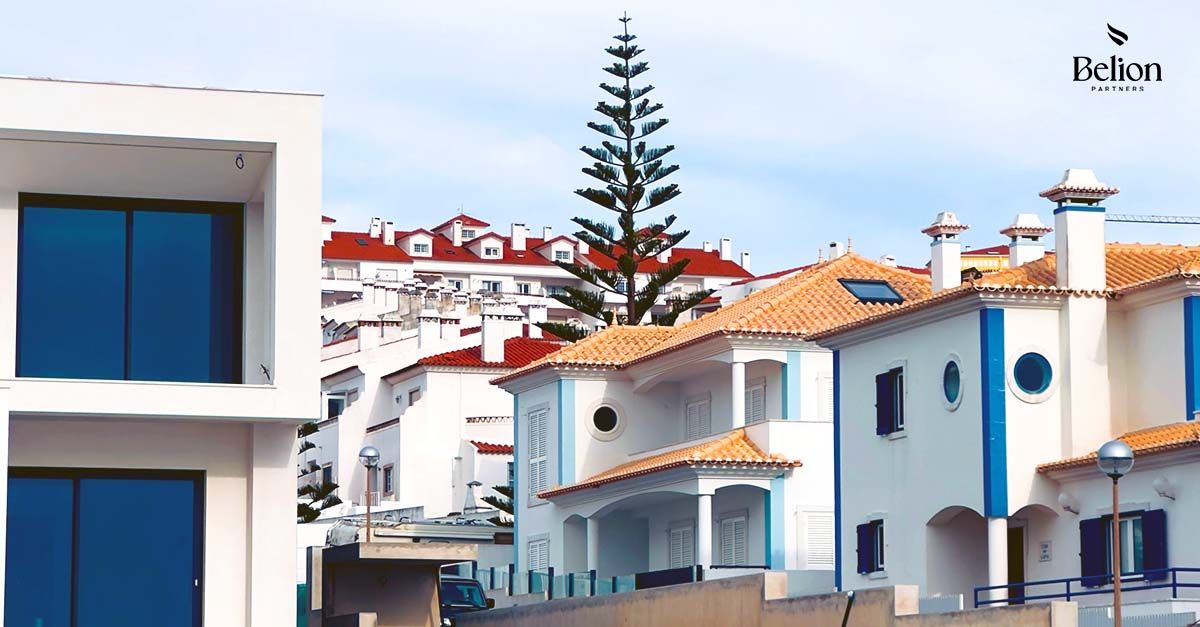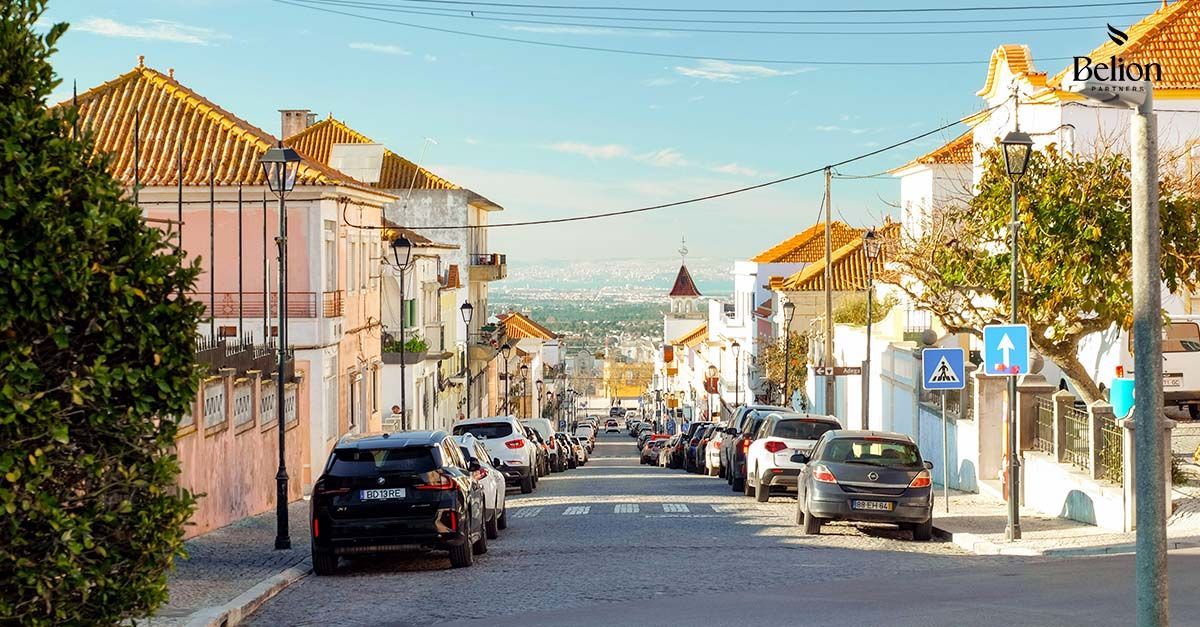IMI in Portugal: Last Instalment Due by 30 November — What Property Owners Must Know

Author:
Isadora Ussene | Liaison Officer
As the end of November approaches, property owners who pay IMI in instalments are nearing their final deadline. Under Portuguese law, IMI may be paid in one, two or three instalments, depending on the total amount assessed for the year. Whenever instalments apply, the third and last payment is due by 30 November.
This is therefore a crucial time to ensure that no instalment remains outstanding. Failure to pay on time may trigger interest, surcharges and enforcement measures.
This article summarises how IMI works, how the property’s taxable value (Valor Patrimonial Tributário, or VPT) is calculated, and how municipal discount coefficients affect the final tax. It also clarifies how AIMI, the additional municipal property tax, applies to higher-value residential holdings.
What Is IMI?
IMI is an annual municipal tax levied on the taxable value of real estate located in Portugal. It applies to:
- Urban properties
- Rural properties
- Mixed-use properties
The tax is due by the person who owns the property on 31 December of the relevant tax year (Article 8 CIMI).
Each municipality determines its own yearly IMI rate within the legally defined minimum and maximum limits.
How IMI Payments Work: One, Two or Three Instalments
The number of IMI instalments depends exclusively on the total annual tax due. The rule is defined in the General Tax Collection regime and consistently applied each year by the Portuguese Tax Authority:
1. Single Instalment (May)
- IMI is paid in one instalment when the total assessed amount is €100 or less.
- Payment deadline: May
2. Two Instalments (May and November)
IMI is paid in
two instalments when the total assessed amount is
more than €100 and up to €500.
Payment deadlines:
- May (first instalment)
- November (second instalment)
3. Three Instalments (May, August and November)
IMI is paid in
three instalments when the total assessed amount
exceeds €500.
Payment deadlines:
- May
- August
- November (last instalment)
This means that for all taxpayers who fall into the two- or three-instalment categories, the final payment of the year must be made by 30 November.
Even when paid in instalments, the IMI rate and the taxable value (VPT) remain the same. Only the payment schedule changes.
How the Taxable Value (VPT) Is Determined
The Valor Patrimonial Tributário (VPT) is the central emelment of IMI. It is calculated according to the valuation rules set out in the Código do IMI (CIMI),
For urban buildings, the VPT is the result of a formula combining multiple coefficients:
1. Base Construction Value (Vc)
Nationally defined value representing the average construction cost per square metre. (Art. 39 CIMI)
2. Total Construction Area (A)
Includes private areas, dependent areas, gross areas and other surface elements. (Art. 40 CIMI)
3. Purpose / Use Coefficient (Ca)
Reflects whether the property is used for residence, commerce, industry or services. (Art. 41 CIMI)
4. Location Coefficient (Cl)
Determined annually by municipalities based on infrastructure, transport, services, and market desirability. (Art. 42 CIMI)
5. Quality and Comfort Coefficient (Cq)
Assesses lifts, garages, air conditioning, finishes, insulation, and energy efficiency. (Art. 43 CIMI)
6. Age / Depreciation Coefficient (Cv)
Older buildings benefit from depreciation factors that progressively reduce VPT. (Art. 44 CIMI)
These combined elements form the final VPT on which IMI is calculated.
Municipal Annual "Discount" Through the Location Coefficient
Under Article 42 CIMI, municipalities must approve the location coefficient (Cl), which may effectively work as an annual adjustment, either increasing or decreasing the VPT depending on the classification of the area.
Although often referred to informally as a “municipal discount”, it is technically a valuation factor applied to the VPT formula. Its yearly approval by each municipality means that VPT may vary (positively or negatively), even without changes to the physical characteristics of the property.
AIMI: The Additional Municipal Property Tax
In addition to IMI, certain taxpayers may be liable for AIMI (Adicional ao IMI), a separate, nationwide tax applicable to higher-value residential real estate.
AIMI applies to:
- Individuals whose taxable share of residential property exceeds €600,000 (per person)
- Married couples or civil partners who opt for joint taxation, with a combined exemption of €1.2 million
- Companies, with no exemption threshold
AIMI is calculated based on the sum of the VPT of all residential and building land held as of 1 January each year, after deducting applicable allowances.
AIMI rates (progressive for individuals and flat for companies) are set by central government, not municipalities.
Importantly, AIMI is paid in September, separate from the IMI instalments due in May, August and November.
Should You Request a VPT Revaluation?
Because VPT decreases as properties age and because municipal coefficients change periodically, many owners may benefit from requesting a VPT review.
Lower VPT → Lower IMI → Lower AIMI exposure (if applicable)
A reassessment may be especially relevant where:
- The property is now significantly older
- Location coefficients were updated
- Quality and comfort factors have changed
- A previous valuation is outdated
Final Reminder
If you pay IMI in two or three instalments, ensure the last instalment is paid by 30 November. This avoids interest and prevents the case from moving into enforcement.




